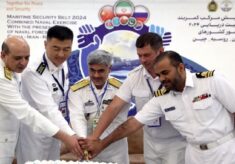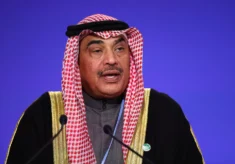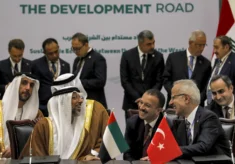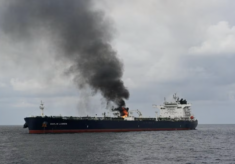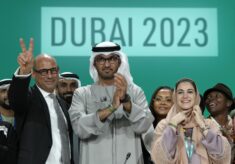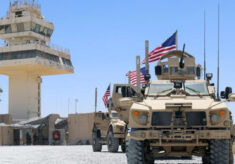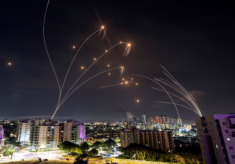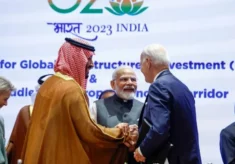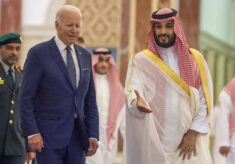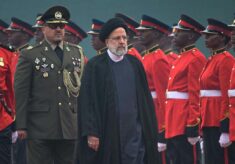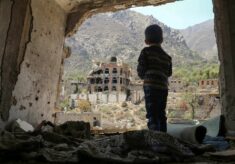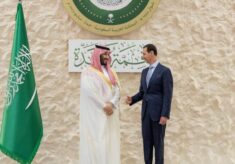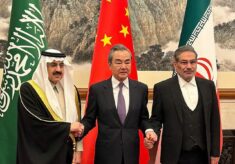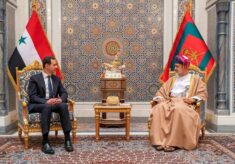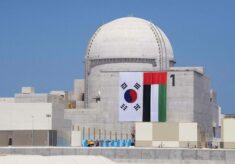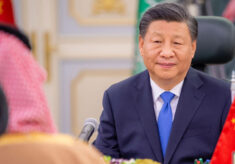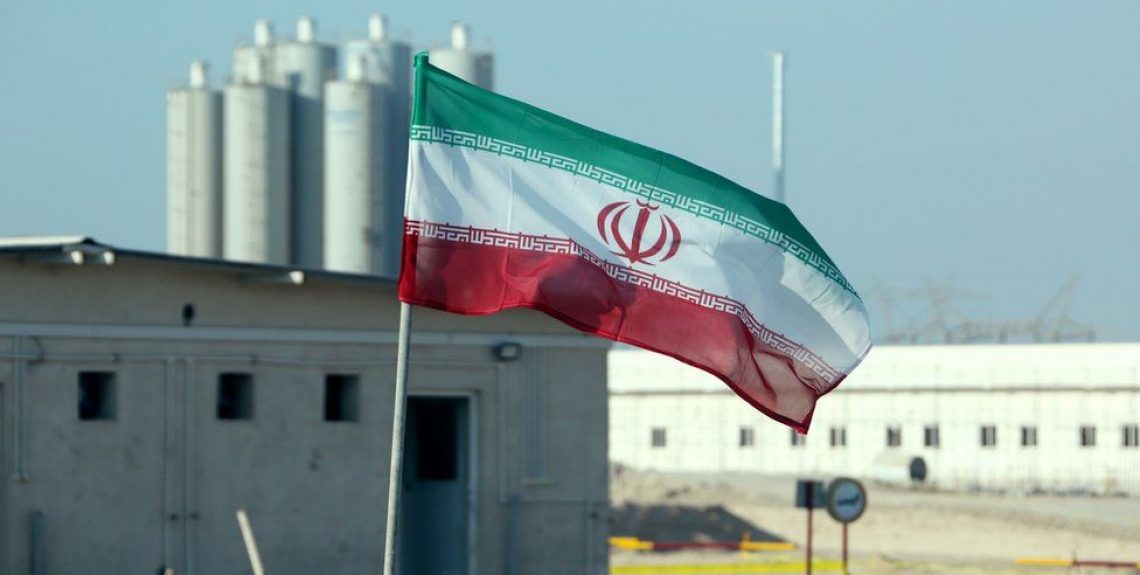The resumption of a new negotiation on Iranian nuclear power seems, necessarily, to need to tackle the issue of a new regional security architecture. It is a consequence of the limitations that emerged with the previous JCPOA which led to the US withdrawal from the agreement in 2018 and the strong concerns and opposition of Israel and Saudi Arabia.
The new agreement will not be limited to the technicalities of uranium enrichment or the possibility of inspecting Iranian nuclear sites. This approach has already shown all its limitations and, probably, trying to insert a limitation on the Iranian ballistic missile programmes at any cost may not be enough to achieve the essential quality jump for the security, stability and prosperity of the region.
The strategy of maximum pressure by Donald Trump and Secretary of State Mike Pompeo certainly hit hard the Islamic Revolutionary Guard Corps (IRGC) and the Quds Force, culminating in the elimination of General Qassem Soleimani (3rd of January 2020), symbol of the Iranian influence in the region through proxies and partners.
The challenge that awaits the Biden administration, however, is more complex than that managed by Barack Obama because, even if starting from an apparently advantageous negotiation situation, the new agreement cannot be perceived by Israel and Saudi Arabia as an automatic recognition of Iranian influence in the Gulf and in the Levant. In this logic, some signs of dialogue between Iran and Saudi Arabia could be considered as the first indicators of a possible détente.
The presidential elections, to be held in Iran on the 18th of June will also affect the regional dynamics and competition. One should pay attention to a recording by Foreign Ministry Mohammad Javad Zarif, released by the New York Times, according to which the head of Iranian diplomacy, while praising Soleimani’s efforts, accused the head of the Quds Force and Russia of having sabotaged the nuclear agreement. According to reports from Haaretz, Zarif allegedly denounced that he often remained ignorant of Iran’s policies, in fact dictated by the IRGC and supreme leader Ayatollah Khamenei. Part of this can be seen as a normal internal political struggle, but the episode may indicate a loss of coherence between the different Iranian governmental structures, whatever their intentions may be.
Finally, the same context of frozen or ongoing crises in Iraq, Yemen, Syria and Lebanon is very different from 2014 and 2015. Especially in Syria, since the reconquest of Aleppo in 2016, the balances on the battlefield are favourable to the regime of Bashar al Assad, supported by Russia, Iran and Hezbollah. This means that, vis-à-vis the military successes achieved by the al Quds force and by Iran’s proxies and partners in the region, the real challenges, where Tehran’s very credibility is at stake, will be to win the reconstruction in Syria and avoid the failure of the Lebanese state. Paradoxically the same challenges could also force both the Gulf monarchies and Iran to start a normalization phase hopefully capable of going beyond the nuclear agreement.
